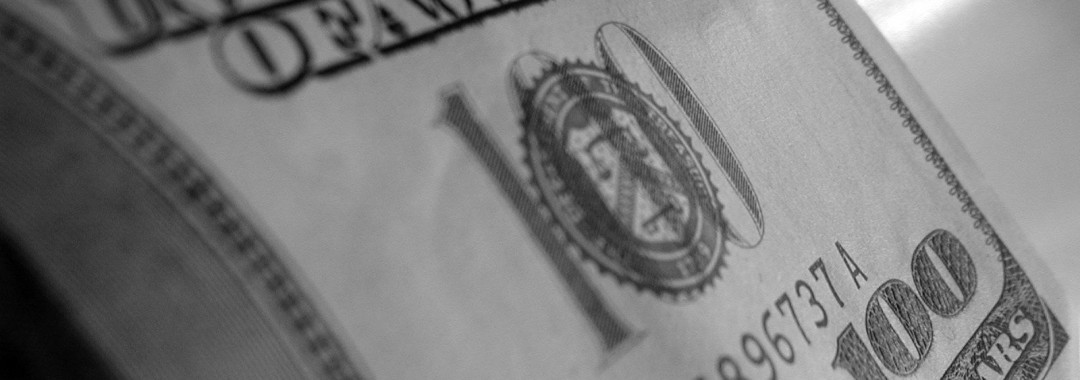When you file a Chapter 13 bankruptcy, your debt is divided into three categories: Priority, Secured, and Unsecured.
Priority debt includes unpaid income taxes and employment taxes as well as past due child support and alimony. Priority debts must be paid in full through your Chapter 13 plan.
Secured debt also must be paid through your Chapter 13 plan, but depending on certain factors, you may only have to pay the value of the collateral, and not the entire claim in full. You are also allowed to adjust your payments and interest rates which usually results in lower payments on your secured debts. Finally, immediately upon the filing of a Chapter 13 case, you get the protection of the automatic stay, which protects you and your property from any collection efforts, including repossession and foreclosure. For instance, if you have a loan associated with your vehicle, even if you are behind, you can file a Chapter 13 which will stop the lender’s ability to repossess your vehicle and will allow you to repay the balance of your loan (or in some cases the value of your vehicle) in equal monthly payments at a favorable interest rate. After you have completed your Chapter 13 plan, your secured debts will be paid in full and you will own your property outright!
The last category of debt is unsecured debt. Unsecured debts are those debts that are not secured by your property such as credit cards, payday loans, signature loans, and medical bills. Unlike priority and secured debt, you are not required to re-pay all of your unsecured debt. Usually, our clients are able to propose a plan that re-pays unsecured creditors a very low percentage of what is owed. Chapter 13 is a very useful tool to eliminate unsecured debt.

